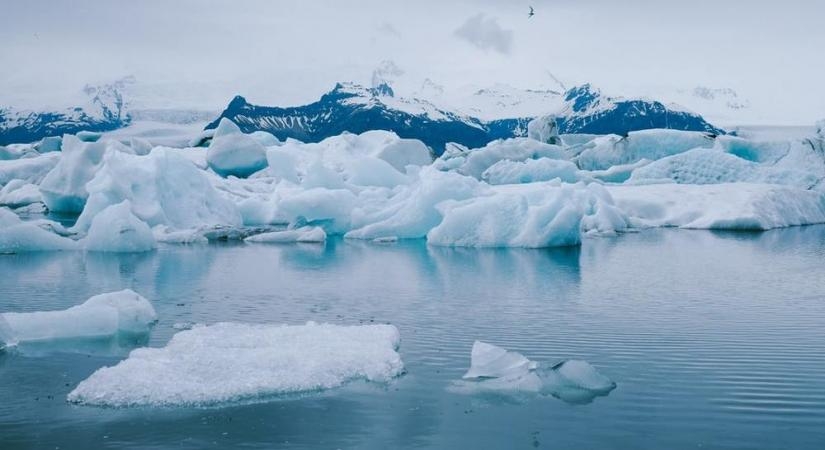

Warming climate leads to unreplenishable glacier shrink
In a shocking study published recently, nearly 40 years of satellite data from Greenland show that glaciers on the island now lose more ice than what is replenished by snowfall each year – pointing to a continuous shrinking of glaciers and rise in sea level even if global warming stops.
The finding means that Greenland's glaciers have passed a tipping point of sorts, where the snowfall that replenishes the ice sheet each year cannot keep up with the ice that is flowing into the ocean from glaciers.
"We've been looking at these remote sensing observations to study how ice discharge and accumulation have varied. What we've found is that the ice that's discharging into the ocean is far surpassing the snow that's accumulating on the surface of the ice sheet," said Michalea King, lead author of the study and a researcher at The Ohio State University's Byrd Polar and Climate Research Center.
King and other researchers analyzed monthly satellite data from more than 200 large glaciers draining into the ocean around Greenland. Their observations show how much ice breaks off into icebergs or melts from the glaciers into the ocean. They also show the amount of snowfall each year-the way these glaciers get replenished.
The researchers found that, throughout the 1980s and 90s, snow gained through accumulation and ice melted or calved from glaciers were mostly in balance, keeping the ice sheet intact. Through those decades, the researchers found, the ice sheets generally lost about 450 gigatons of ice each year from flowing outlet glaciers, which was replaced with snowfall.
The analysis found that around 2,000, glaciers were losing about 500 gigatons each year. Snowfall did not increase at the same time, and over the last decade, the rate of ice loss from glaciers has stayed about the same-meaning the ice sheet has been losing ice more rapidly than it's being replenished.
King said that large glaciers across Greenland have retreated about three kilometers on average since 1985. The glaciers have shrunk back enough that many of them are sitting in deeper water, meaning more ice is in contact with water. Warm ocean water melts glacier ice, and also makes it difficult for the glaciers to grow back to their previous positions.
That means that even if humans were somehow miraculously able to stop climate change in its tracks, ice lost from glaciers draining ice to the ocean would likely still exceed ice gained from snow accumulation, and the ice sheet would continue to shrink for some time.
"Shrinking glaciers in Greenland are a problem for the entire planet. The ice that melts or breaks off from Greenland's ice sheets ends up in the Atlantic Ocean-and, eventually, all of the world's oceans. Ice from Greenland is a leading contributor to sea level rise-last year, enough ice melted or broke off from the Greenland ice sheet to cause the oceans to rise by 2.2 millimeters in just two months," the study said..
The India-UK Comprehensive Economic Trade Agreement (CETA) presents unprecedented opportunities for Indian businesses to expand…
External Affairs Minister Dr S Jaishankar spoke to the newly appointed Foreign Minister of South…
The Indian Space Research Organisation (ISRO) is gearing up for a series of exciting missions.…
The India UN Fund has completed the construction of the historic Niangdo dam in Burkina…
The Taiwan Economic and Cultural Representative Office in Japan has strongly condemned political interference during…
Gati Shakti Vishwavidyalaya in Vadodara, which has been largely focused on logistics in the railway,…